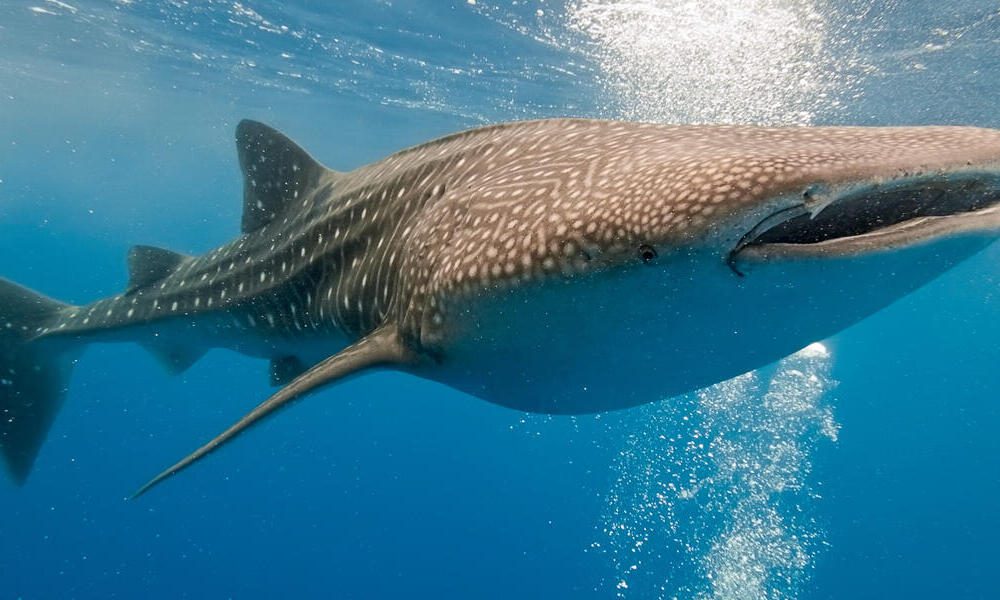Whales and sharks are two different species of marine animals that are significant in maintaining the ocean’s health and sustainability, with each playing a particular role in the ecosystem. While whales are filter feeders, consuming tiny organisms such as krill, sharks are predatory, hunting for fish, sea turtles, seals, and even other sharks, and help to keep other fish populations in check to prevent overpopulation. Both are essential to limit the number of carbon dioxide in seawater and maintain the balance of the ocean’s food chain. Their conservation and protection are necessary to ensure the ocean’s health and sustainability.
Whale vs. Shark: Who Rules the Ocean?
When it comes to the ocean, there are numerous species of marine animals, but none are as famous and fearsome as sharks and whales. Both are top predators in the ocean and are essential to the marine ecosystem. Comparing the two, we can find several differences and similarities that contribute to their influence and importance in our planet’s most extensive habitat, the ocean.
Size and Physical Characteristics
One of the most significant differences between whales and sharks is their size and physical characteristics. Whales are the largest animals on the planet, and some of them can grow up to a staggering 100 feet long. They are massive, with a thick layer of blubber, which helps them to regulate their body temperature in cold waters. Sharks are usually much smaller, with the largest being the whale shark, measuring up to 40 feet in length.
Another significant difference is their bodies’ shape, with whales featuring a streamlined and elongated body shape, perfect for long-distance swimming, while sharks have a more cylindrical shape with a pointed head, ideal for hunting.
Diet and Feeding Habits
Whales and sharks have different feeding habits and diets. Whales are known as filter feeders, meaning they consume tiny organisms such as krill in large quantities. They use baleen plates to filter seawater as they swim, leaving small creatures trapped within the plates. Sharks, on the other hand, are predatory, hunting for fish, sea turtles, seals, and even other sharks. Some sharks also resort to scavenging and feeding on dead animals.
Social Behavior and Communication
Whales are highly social animals, and they communicate with each other using a variety of sounds ranging from clicks to songs. They form tight-knit groups and are known to exhibit behavior like babysitting, where one whale takes care of a calf while the others hunt. Sharks are solitary hunters and rarely form groups. However, there are some exceptions like the blacktip reef shark which has a unique hunting technique in which they work together to catch their prey.
Importance in the Ecosystem
Both whales and sharks are essential in maintaining the ocean’s ecosystem, but their roles are different. As filter feeders, whales help to keep the ocean’s food chain in balance by consuming large amounts of tiny organisms. This consumption also helps to limit the number of carbon dioxide in seawater, which is beneficial for other marine plants and creatures. Sharks, as predatory creatures, help to keep other fish populations in check, preventing overpopulation that would deplete the ocean’s resources.
Conclusion
Whales and sharks are two of the most critical species in the ocean, with unique characteristics and roles. While whales are the largest animals in the world and rely on filter feeding, sharks are predatory and help to maintain the balance of the ocean’s food chain. Both are crucial to the ocean’s ecosystem, and their conservation and protection are necessary to ensure the ocean’s health and sustainability.
